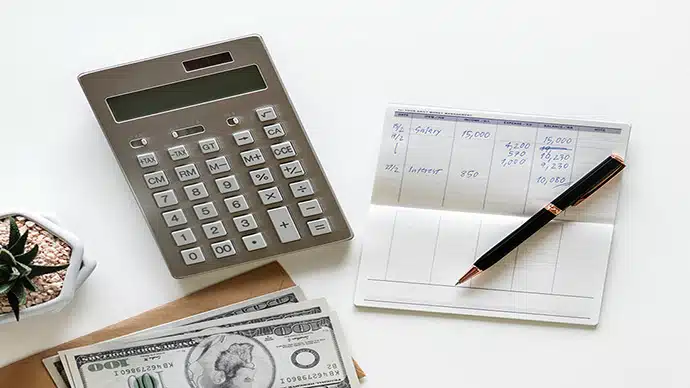
If you’ve lost your job or seen your hours cut back due to the coronavirus pandemic, the $2 trillion financial relief legislation—known as the Coronavirus Aid, Relief, and Security (CARES) Act—which Congress passed last month, may provide a welcome lifeline in the form of $1,200 “economic impact payments” to most Americans, but not all.
So BILLSHARK wants to help you figure out whether you will be one of the lucky ones.
About the money
In general, most adult Americans whose annual adjusted gross income (found on Line 7 of Form 1040) is $75,000 or below as listed on their 2019 tax return (or 2018, if you haven’t filed yet) is eligible to receive a check or direct deposit of $1,200. Most of their children will receive $500. These payments will be reduced by $5 for every $100 in income above this level, meaning those earning more than $99,000 receive nothing.
Married couples whose adjusted gross income is below $150,000 a year can receive a check for $2,400. The sliding-scale reductions noted above also apply, with those making over $198,000 receiving nothing.
Those who file as “head of household” (such as single parents) can receive a check for $1,200 if their adjusted gross income is up to $112,500 annually, with smaller sliding-scale checks up to $136,500.
The vast majority of people eligible for this money do not need to take any action. The IRS will calculate and automatically send this payment to those who are eligible.
If you have already filed a tax return for 2019 and submitted direct deposit information for any refund, the IRS will use that information to decide whether you qualify, as well as to deposit the relief money into your bank account. If you have not yet filed, the IRS will use the information from your 2018, both to determine eligibility and to directly deposit the relief money.
Those who receive their money through direct deposit can expect to see the money in about three to four weeks. Those who did not provide the IRS with a direct deposit option will receive checks in the mail; sue to short staffing at the IRS, those who receive a paper check may not see it until August or September (see FAQ, below).
Who is not eligible?
The following individuals are not eligible to receive the relief money:
- children who are 17 or 18 years old
- college students between the ages of 19 to 23 if they’re claimed as dependents on their parents’ tax returns
- adults (such as disabled individuals) who can be claimed as dependents on someone else’s tax return
- non-resident aliens (i.e., those without a green card)
- individuals earning more than $99,000 or married couples earning more than $198,000
- anyone who hasn’t filed 2018 or 2019 tax returns
- estates/trusts
(And please don’t ask us to explain some of these exclusions—this was a bipartisan bill that no one was totally happy with, but it was passed quickly because it was needed quickly. Chances are high that there will be other relief bills in the future, because the pandemic—and the resulting economic fallout—is far from over.)
FAQs
“Will I still get the moneyif I’m behind in my student loans or owe federal taxes?”
Yes. The only case in which the IRS will withhold this money is if a person is behind in child support payments.
“Will this money be considered taxable income?”
No.
“The IRS does not have my direct deposit information.What can I do?”
In the coming weeks, the U.S. Treasury Department plans to develop a web-based portal for individuals to provide their banking information to the IRS online. There is currently no estimate for when this portal will be up, but BILLSHARK will keep you informed.
“I’m not typically required to file a tax return.Can I still receive my payment?”
Yes. The original plan was to have these people file a simple return, but that requirement has been dropped. Those who will not owe tax include low-income taxpayers, senior citizens, Social Security recipients, some veterans, and some individuals with disabilities.
“I didn’t file my tax return for 2018 or 2019.Can I still receive my payment?”
Yes. The IRS urges anyone with a tax filing obligation who has not yet filed a tax return for those years to file as soon as possible in order to receive this money. And be sure to include direct deposit banking information on the return.
“I need help filing my return,but social distancing means I can’t visit a tax professionalor local community organization right now.Will I still be able to get this money later?”
Yes. These payments will be available throughout the rest of 2020.
P.S. Remember that the IRS has extended the deadline to file and pay 2019 federal income taxes to July 15, 2020. If your state has not already extended its deadline, chances are it will shortly.
Ask for help
Because it will take so long to receive this money, if you can’t pay your rent this month, talk to your landlord to see if you can delay or miss one or more payments. If you have a mortgage, check with your lender to ask for a forbearance on your payments.
And be sure to let BILLSHARK review your bills for free. We may be able to find you additional money to help you through these tough times.


